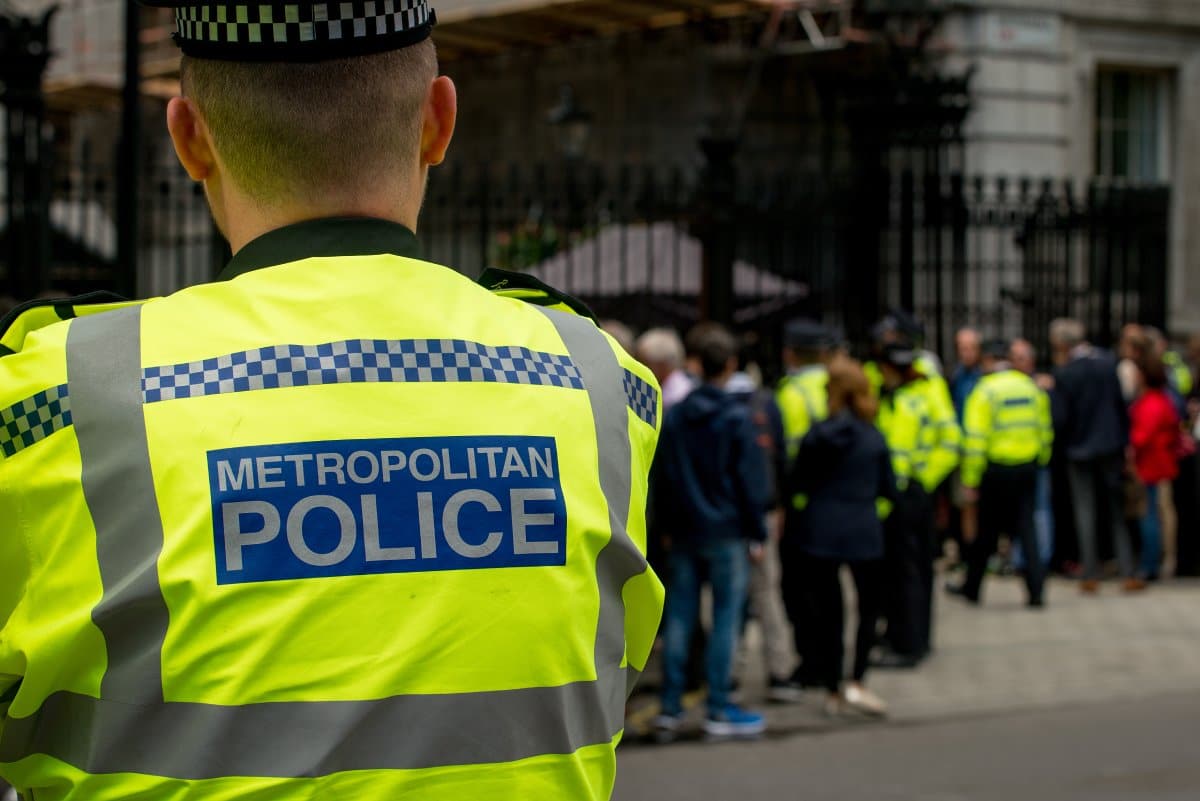Controversy surrounds Scotland’s new Hate Crime Act, as dissenting voices clash over the delicate balance between combating hatred and safeguarding freedom of expression. Here’s the full story.
Flurry of Criticism

Scotland’s much-debated Hate Crime and Public Order (Scotland) Act 2021 officially came into force amidst a flurry of criticism.
Consolidating Existing Laws

The bill, championed by First Minister Humza Yousaf as a balanced approach to tackling rising hatred in society, aims to consolidate existing hate crime laws while introducing new measures.
Intense Scrutiny

However, the enactment has stirred intense scrutiny, particularly regarding its potential impact on freedom of expression and the policing of hate offences.
“Absolutely Balanced”

Yousaf has defended the legislation as “absolutely balanced” and stressed its role in safeguarding freedom of expression while also protecting “people from a rising tide of hatred that we’ve seen far too often in our society.”
Hatred in Various Forms

He also underscored the act’s intention to protect individuals from various forms of hatred, citing its inclusion of protected characteristics such as age, disability, religion, sexual orientation, transgender identity, and variations in sex characteristics.
Potential Consequences

Despite governmental assurances, criticisms abound, particularly surrounding the law’s enforcement and potential consequences.
Implementation Apprehension

David Kennedy, General Secretary of the Scottish Police Federation, expressed apprehension about implementing the bill and said enforcing the act, particularly in controversial areas such as online misgendering, could be difficult.
“Cause Havoc”

During an interview on BBC Radio 4’s Today program, Kennedy expressed concerns that the law mandating officers evaluate “emotive” topics like online misgendering could potentially “cause havoc with trust in police in Scotland.”
Gender Critical
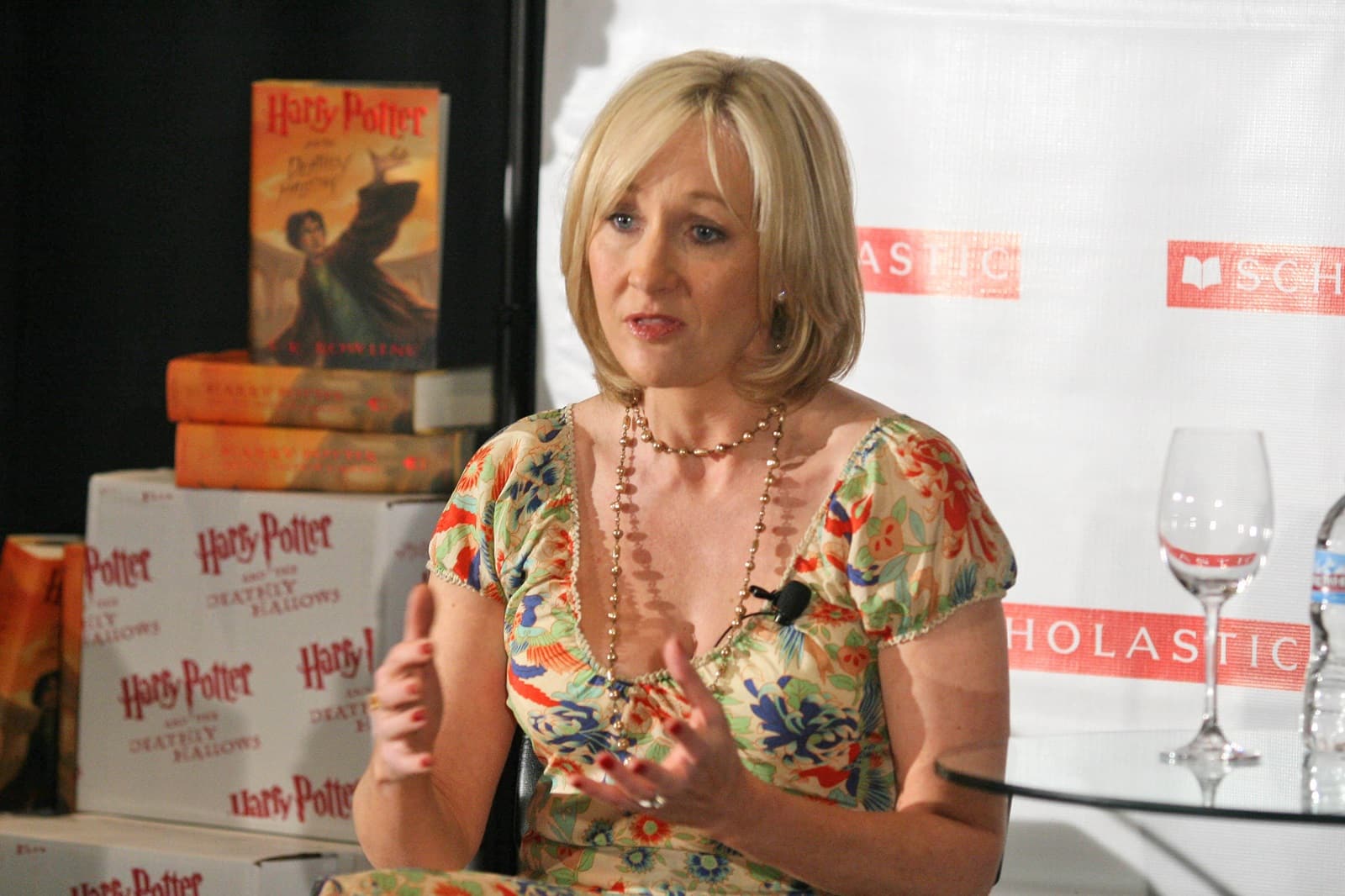
Renowned author JK Rowling, who has recently been in the headlines for her vocal support of the gender critical movement, also endorsed the voices dissenting over the bill’s implementation.
“Wide Open to Abuse”

Rowling asserts that the legislation, rather than curbing hate, is “wide open to abuse,” fearing its stifling effect on freedom of speech and belief.
“Men, Every Last One of Them”

In a thread online, Rowling challenged Police Scotland to arrest her after misgendering trans activists, describing them as “men, every last one of them.”
“Freedom of Speech”

Rowling wrote: “It is impossible to accurately describe or tackle the reality of violence and sexual violence committed against women and girls, or address the current assault on women’s and girls’ rights, unless we are allowed to call a man a man. Freedom of speech and belief are at an end in Scotland if the accurate description of biological sex is deemed criminal.”
No Complaints
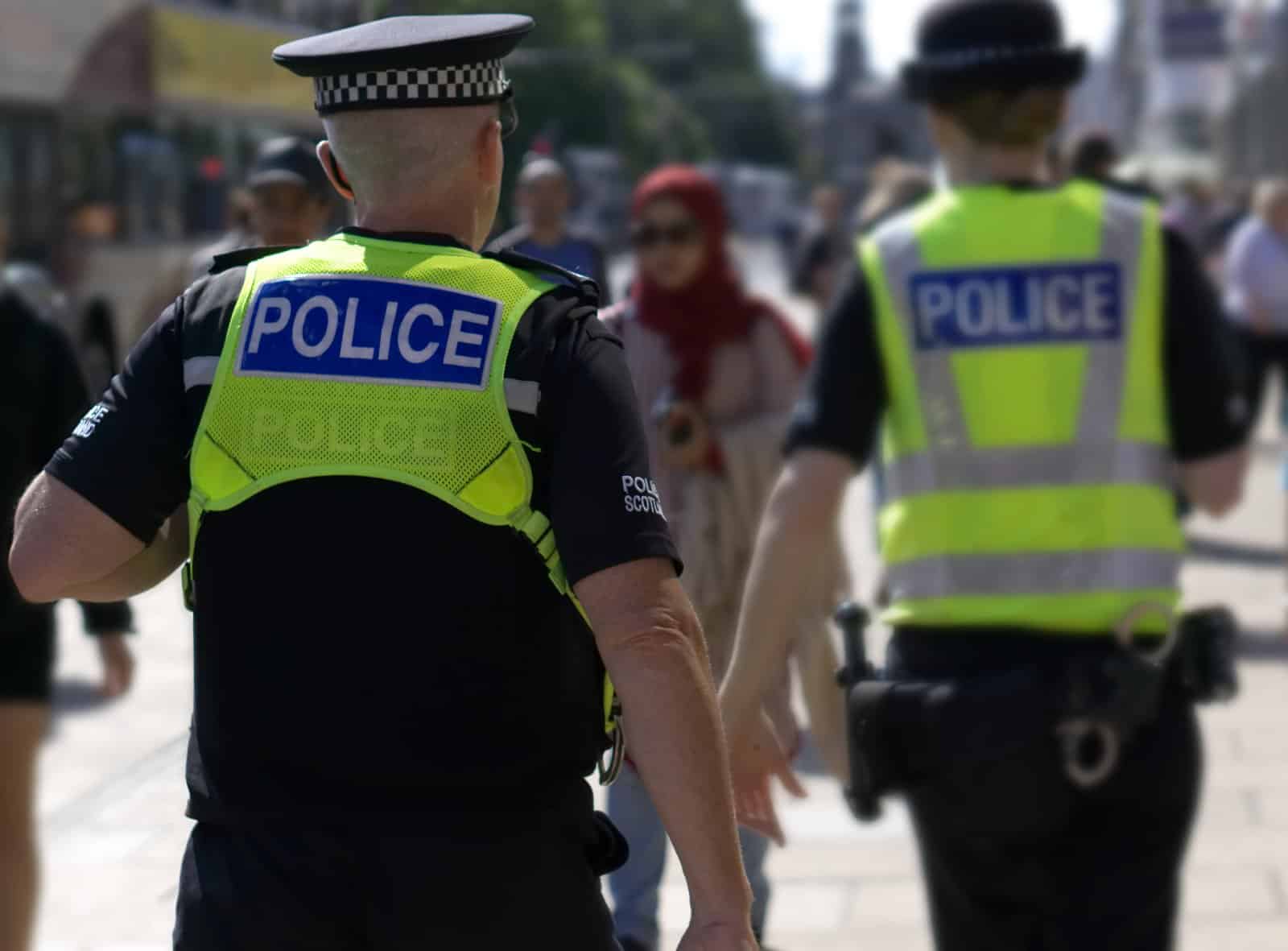
Despite her vocal criticism of the act, Police Scotland indicated they had not received any complaints about Rowling’s post.
Public Demonstrations

Opposition to the Hate Crime Act manifested in public demonstrations outside the Holyrood parliament by the Scottish Union for Education, which opposes the teaching of race and gender equality in Scottish schools.
Scottish Family Party

The demonstration received backing from the Scottish Family Party, which also stands in opposition to abortion and assisted dying.
“Threatening or Abusive”

Minister for Victims and Community Safety Siobhan Brown attempted to assuage fears by telling the Today programme, “What would have to be said online or in person would be threatening or abusive, if you’re conveying a personal opinion that is challenging or offensive that would not be … criminal.”
“Stir up Hatred”

First Minister Yousaf also attempted to fend off criticism, stating, “Unless your behaviour is threatening or abusive and intends to stir up hatred, then you have nothing to worry about in terms of the new offences being created.”
Unenviable Task
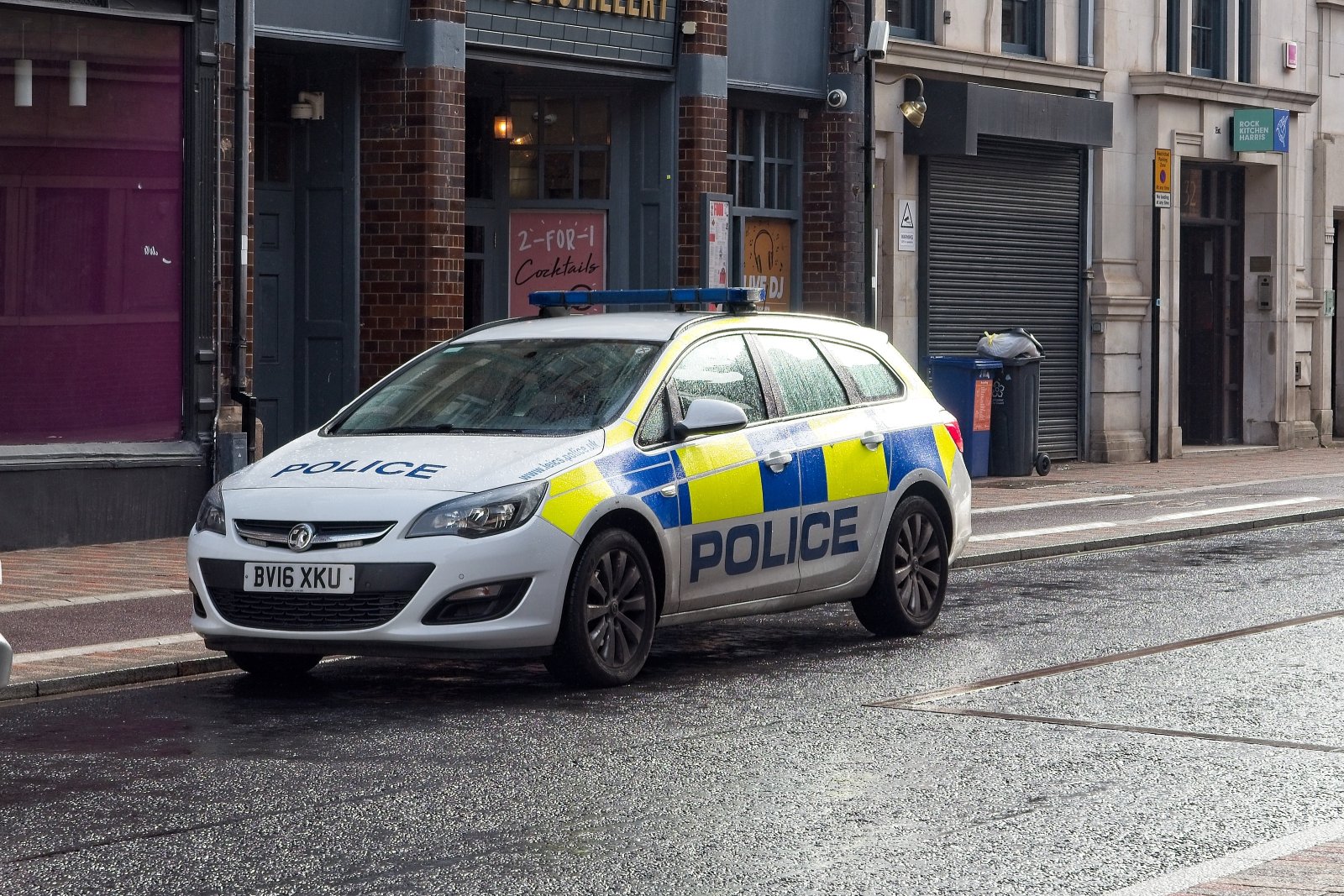
Despite the vigorous defence by the Scottish government, some criticisms remain. Police Scotland now faces the unenviable task of interpreting and enforcing the Hate Crime Act amidst ongoing concerns about its need for more clarity.
Tested in Court

In the same interview, Kennedy stressed that the only way the Scottish public would know that the law either does or does not work would be once it has been tested in a court of law.
Tensions Rise

However, until that day comes, tensions continue to rise over what some critics view as a stifling of freedom of expression, and others view as common sense legislation to combat hate crimes.
Hate Crime Rates
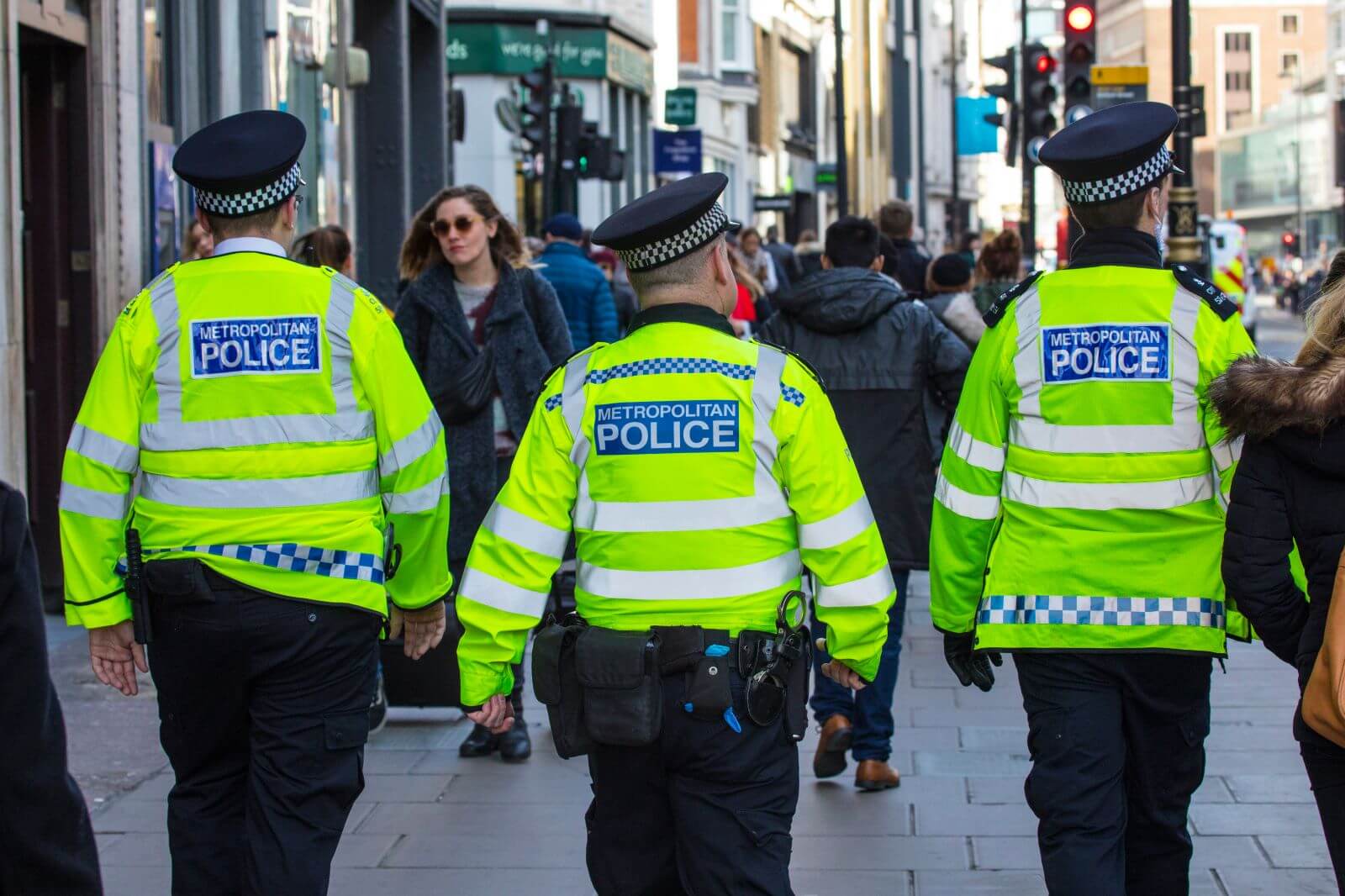
This all comes at a time when hate crime rates in Scotland are falling slightly, with racially aggravated hate crimes still being the most prevalent, followed closely by those where sexuality or gender is the main contributing factor.
Combating Hate

Scotland’s Hate Crime and Public Order Act heralds a significant change in how the small nation attempts to combat hate crimes within its borders.
Free Speech vs Hate Speech
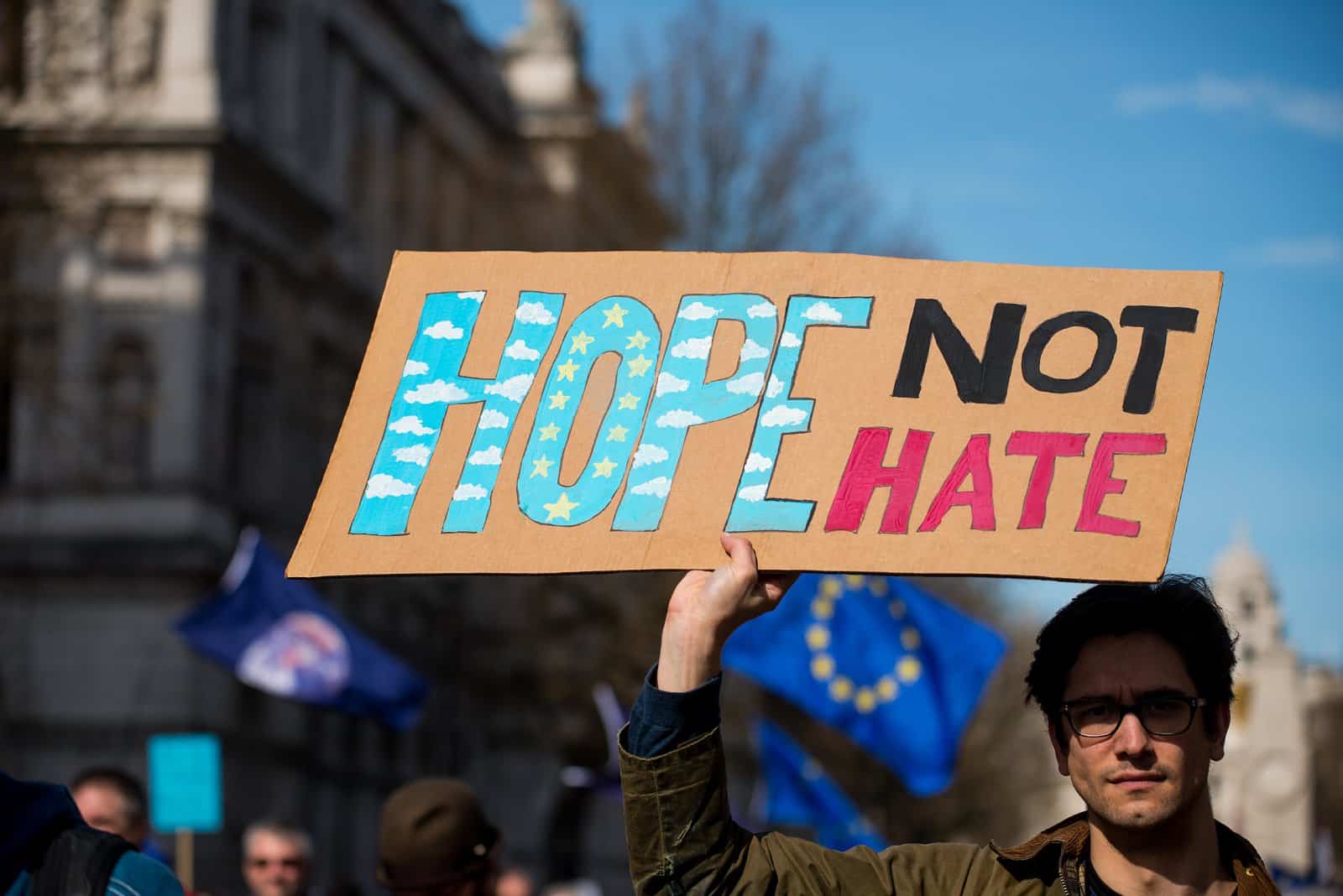
As the battle over free speech and its overlap with hate speech continues, the need to ensure that all citizens, regardless of their gender identity or individual beliefs, feel safe and secure to speak out about causes that matter to them remains paramount. Whether this new Hate Crime and Public Order law will help or hinder that cause remains to be seen.
More Articles Like This…
Broken Britain: 12 Reasons Behind the UK’s Decline
Say the Unsayable: 10 Occasions When Farage Spoke His Mind About Britain
The post Scotland’s New Hate Crime Law Causes Division first appeared on Edge Media.
Featured Image Credit: Shutterstock / John Gomez.
Grant Gallacher is a seasoned writer with expertise in politics and impactful daily news. His work, deeply rooted in addressing issues that resonate with a wide audience, showcases an unwavering commitment to bringing forth the stories that matter. He is also known for satirical writing and stand up comedy.

